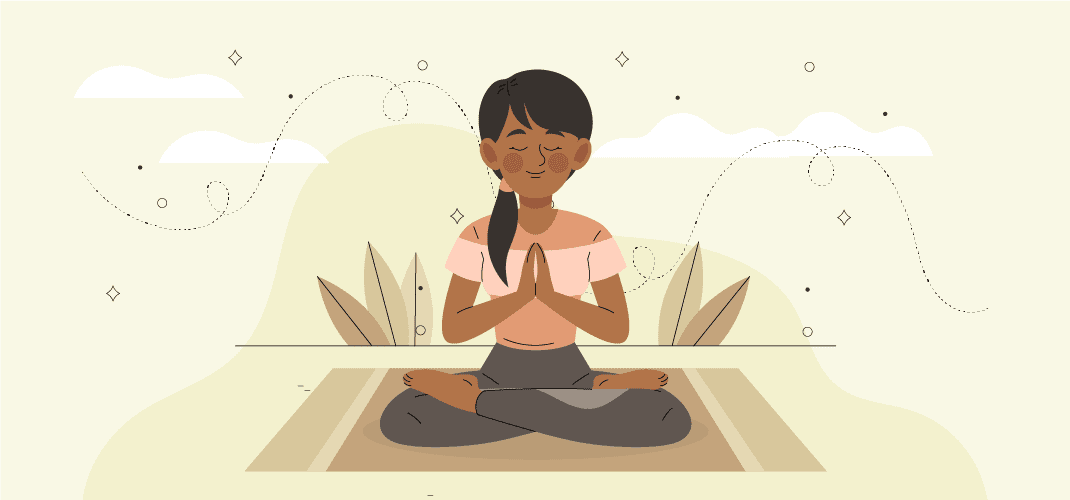
Mental wellbeing is the new public health revolution. It has become a goal for people across the globe to enjoy positive mental health. While mental health could mean different things to different people, we can all agree that living a thriving life with mental clarity, balanced emotions, positivity and a sense of purpose would mean living a happy life; a life free of mental health issues.
It’s estimated that over one billion people globally have a mental, neurodevelopment or substance use disorder.
Contrary to what most of us believe, the number of people with mental health issues has grown at a rate commensurate with the growth rate of global populations. But what has definitely grown by leaps-and-bounds is the general population’s acceptance of mental illness and a widespread destigmatisation of mental health ailments.
Another big change in the world regarding mental health has been the spectrum of solutions and practices available to maintain positive mental health. One of the biggest impacts in how we approach and manage mental health has been made by a simple practice known as ‘Mindfulness’.
What is Mindfulness?
As mindful.org puts it; Mindfulness is the basic human ability to be fully present, aware of where we are and what we’re doing, and not overly reactive or overwhelmed by what’s going on around us. It allows us to pause amid the constant inflow of stimuli and consciously decide how to act, rather than react reflexively with ingrained behavior patterns. Mindfulness is a centuries-old idea that has been reinvented to address the challenges of our digital age.
How does it work?
The research is in and it suggests that mindfulness affects the body and the brain to produce or alter hormones and chemicals that enhance our physical and mental wellbeing. Scientists have found links between non-judgemental and non-reactive acceptance of our experiences and positive psychological and physical states. Mindfulness, hailed as one of the most significant developments in mental health practice, is fast becoming the most effective recourse for people suffering from anxiety, depression and a host of other mental health problems.
While the guiding philosophy of all mindfulness practice finds its roots Eastern spirituality and is often attributed to Buddhist Vipassana the modern techniques vary vastly amongst themselves and new techniques seem to pop up almost every day. In his book – Mindfulness for Beginners, Jon Kabat-Zinn, known as the father of mindfulness in the west, emphasizes that the practice of mindfulness holds the possibility of not just a fleeting sense of contentment, but a true embracing of a deeper unity that envelops and permeates our lives
There are also a host of resources available in the form of apps, books, online tutorials and classes that help grasp and inculcate a mindfulness practice that suits one.
Head on over to our Resources section to see browse some helfpful mindfulness tools and recommendations.
Ivy Child International is on a mission to provide universal mindfulness education to children and underserved communities, prioritizing urban populations and their multicultural needs. Ivy Child works on furthering the spread of mindfulness throughout the population with their proprietary MINDFULNESS MULTIPLIER EFFECT a mindfulness movement meant to create a ripple effect that starts form individuals and communities that practice mindfulness and spreads through everyone around them.
